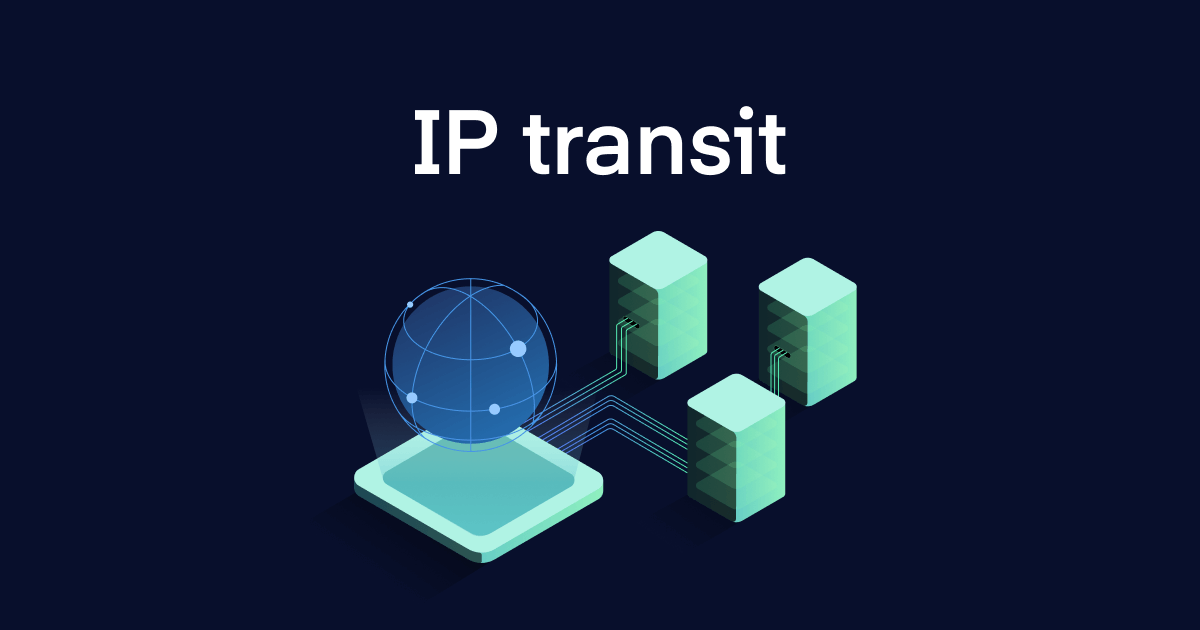In the constantly evolving landscape of connectivity via the internet, businesses big and small rely on IP transit to provide uninterrupted access to the digital world. From connecting to cloud services to powering e-commerce platforms, IP transit acts as the basis of modern communications networks. We will examine the basics of IP transport as well as the features and roles of IP providers.
IP transit, often referred to as internet transit, is the service of allowing network traffic to cross or “transit” a network, enabling users to connect to the wider internet. IP transit providers provide the connection by owning and operating the infrastructure to send data between networks. These companies play a significant part in ensuring reliable and efficient internet connectivity for both businesses and users alike.

There are many IP transit options for businesses. Some providers offer basic transit services, providing access to the internet with no any additional features or customizing. Others offer more advanced services, such as managed IP transit, which offers additional support, monitoring as well as security options. The choice of the service is contingent on the needs and requirements of the company.
Pricing is one of the most important aspects for business when choosing the right service. The price of IP transit is influenced by a variety of factors, such as bandwidth requirements, geographical location and even geographic locations. Understanding cost structures, pricing models and levels of service that different service providers offer will aid businesses in making educated decisions.
In addition to pricing businesses must also think about the performance and reliability of the IP transit provider. Carrier grade networks that have backbone connectivity that is 100G or 400G offer the reliability, scalability and security required to support mission-critical services and applications. Automating the entire process from beginning to finish improves efficiency, and offers users with a seamless experience.
IP-Access is a scalable and customizable solution for businesses who are seeking to simplify connection to the internet. This connectivity solution is ideal for companies that have older installations or specific requirements. Businesses can customize their connectivity by utilizing features like IPv4/31 or IPv6/127 default transfer networks.
IP-Access, in relation to the internet, comes with basic DDoS (Distributed Denial of Service) protection against volumetric attacks. This provides an extra layer of security to companies and their networks. This protection protects against cyber-attacks which could result in downtime or the loss of revenue.
For all businesses, Inter.link Portal offers a simple and effective method to connect to IP transit services. Businesses can deploy IP Transit in just a few minutes by making a couple of clicks. The user can choose their preferred locations, bandwidth needs, port speed and contract length. This streamlines the process and saves time as well as resources. Businesses can then focus on their core business.
In conclusion, IP transit plays a crucial role in powering the modern web and allowing companies to connect with the rest of the world. Businesses can make better decisions by having a thorough understanding of IP transit fundamentals, IP transit providers’ capabilities, the types of services offered, and pricing. It doesn’t matter if it’s connecting to cloud services as well as enabling e-commerce platforms or connecting remote offices IP transit forms the basis of modern communication networks.